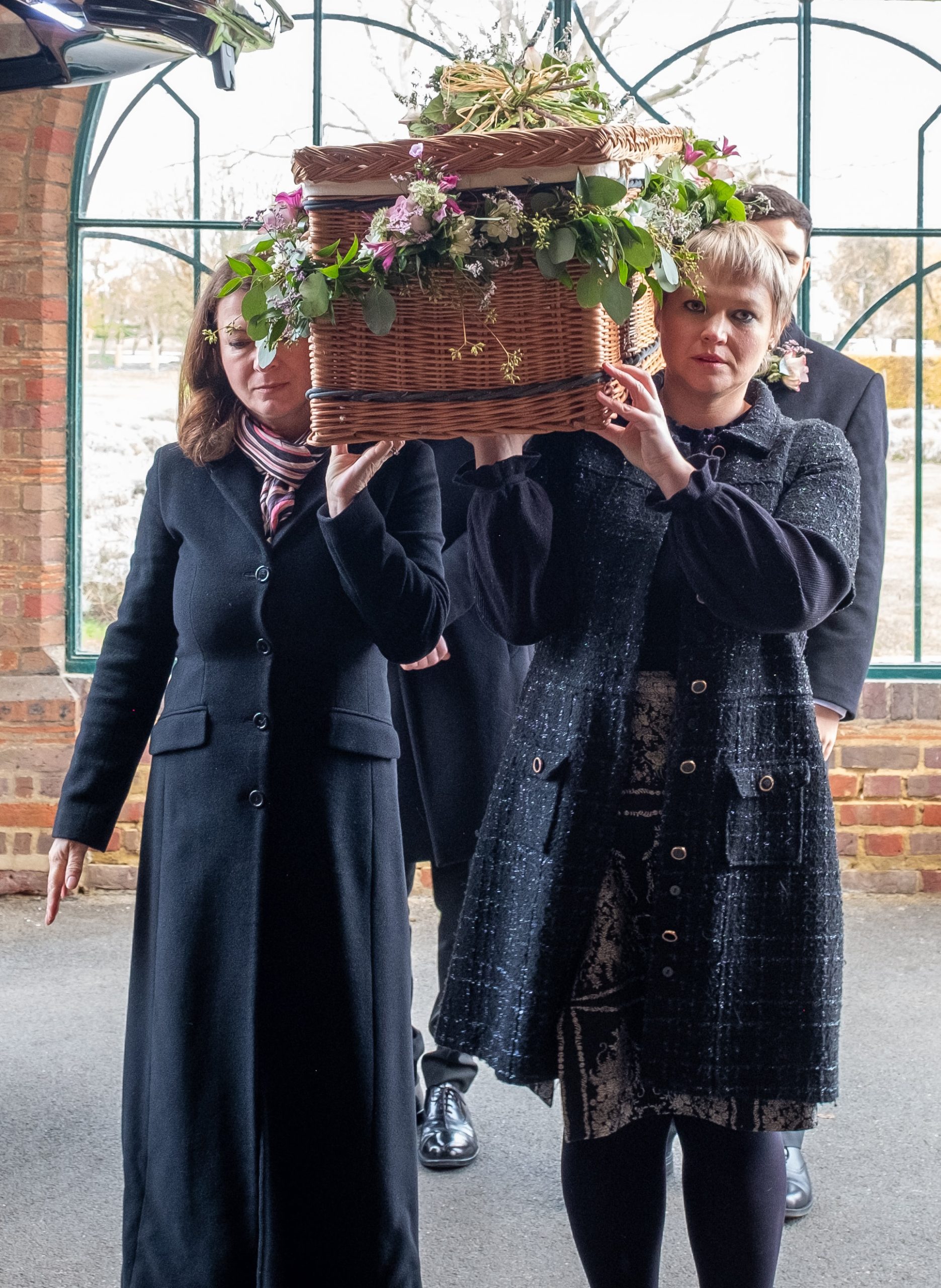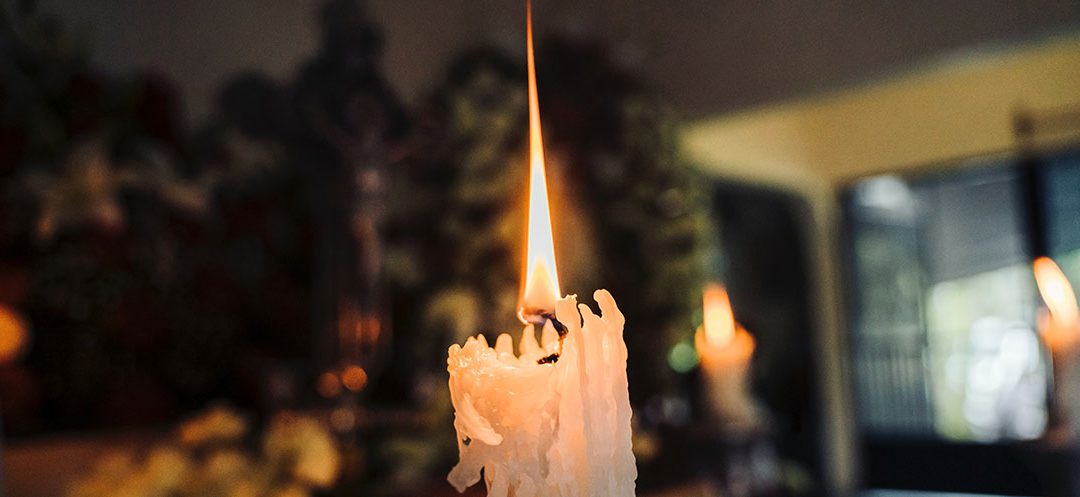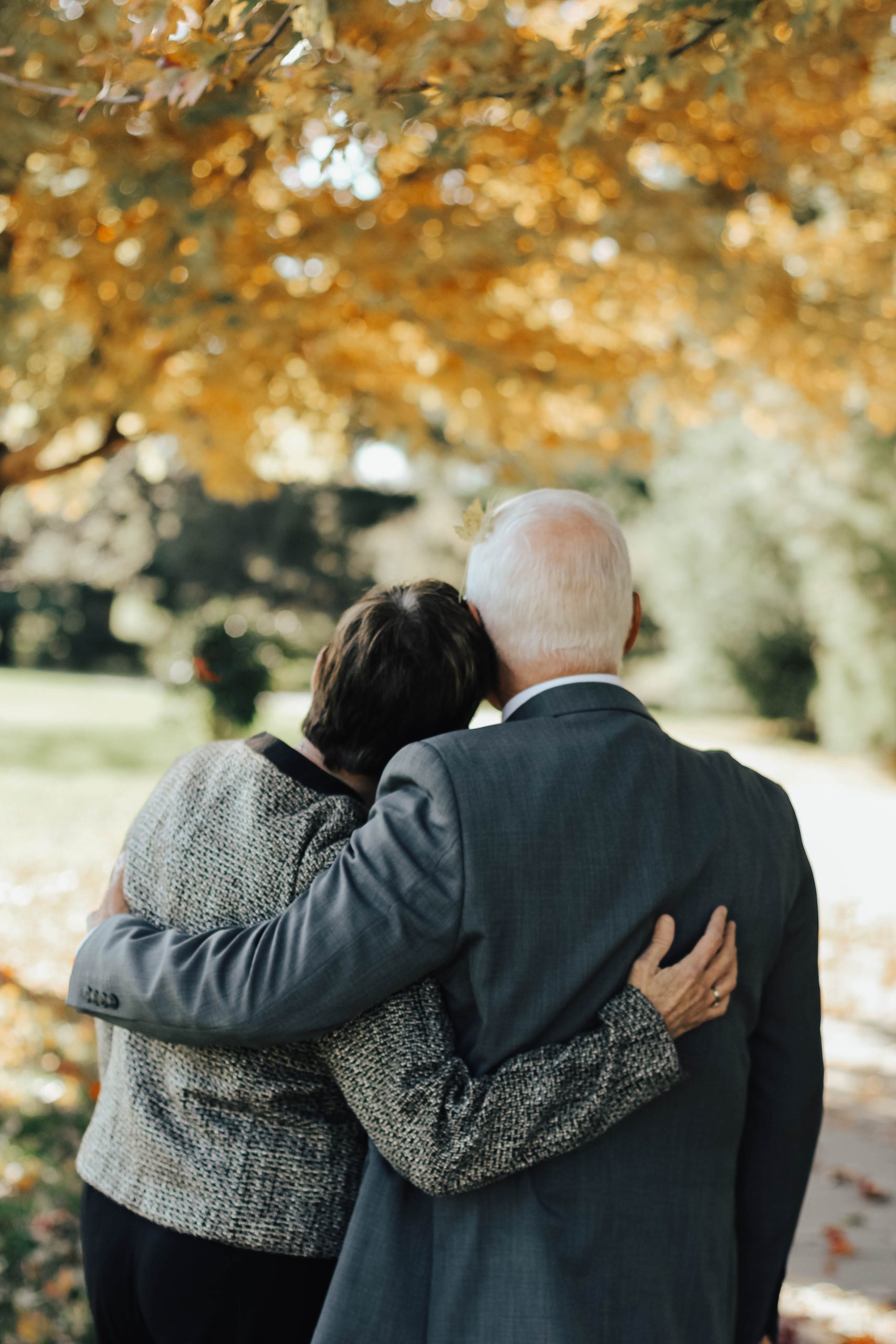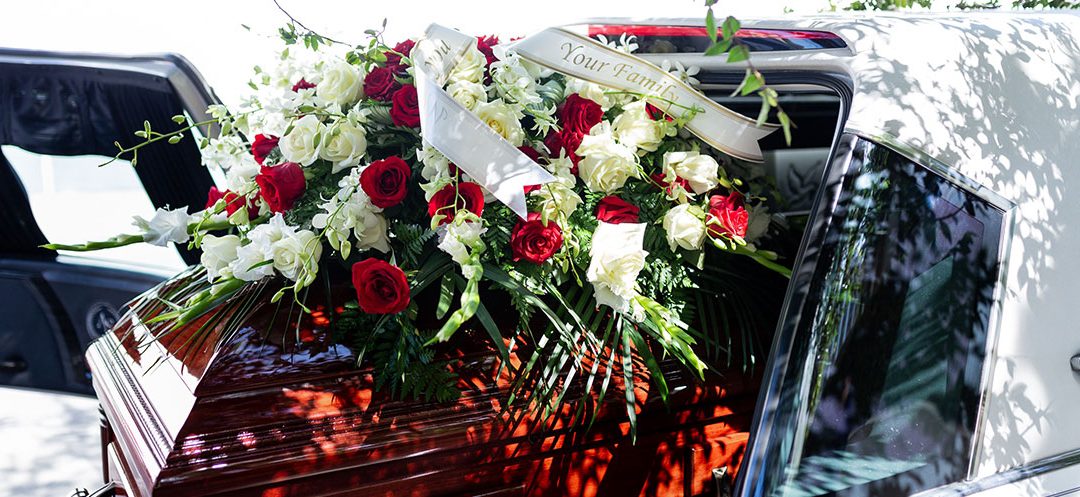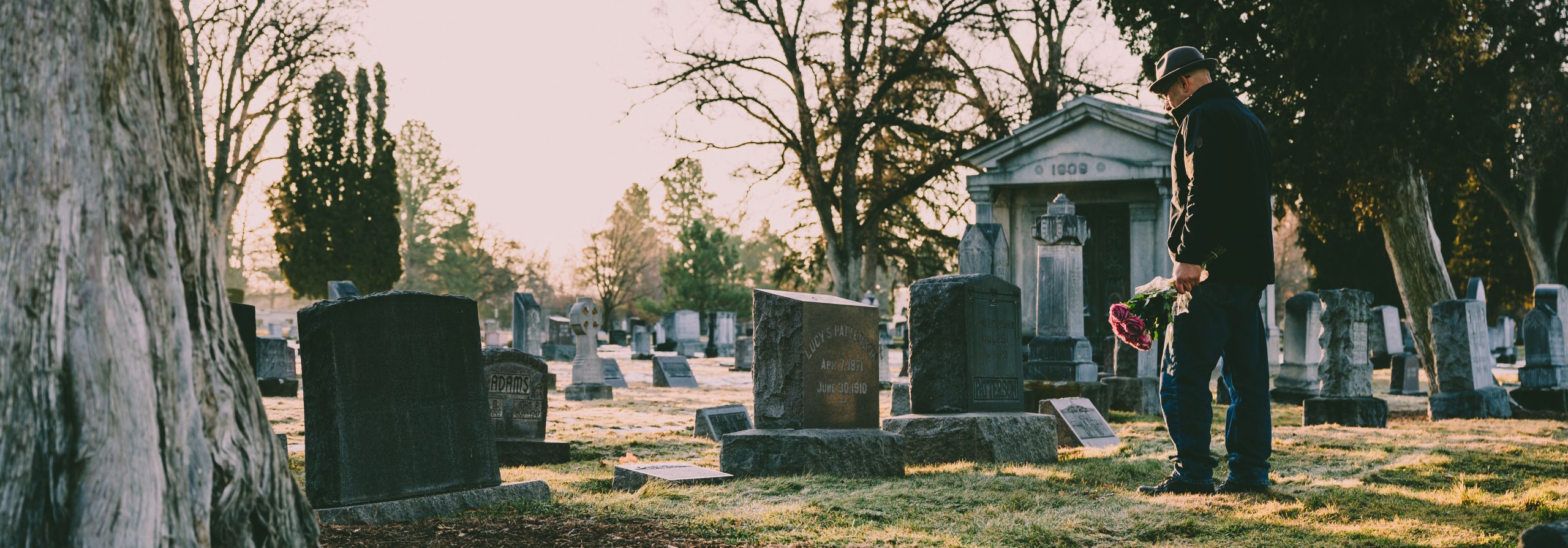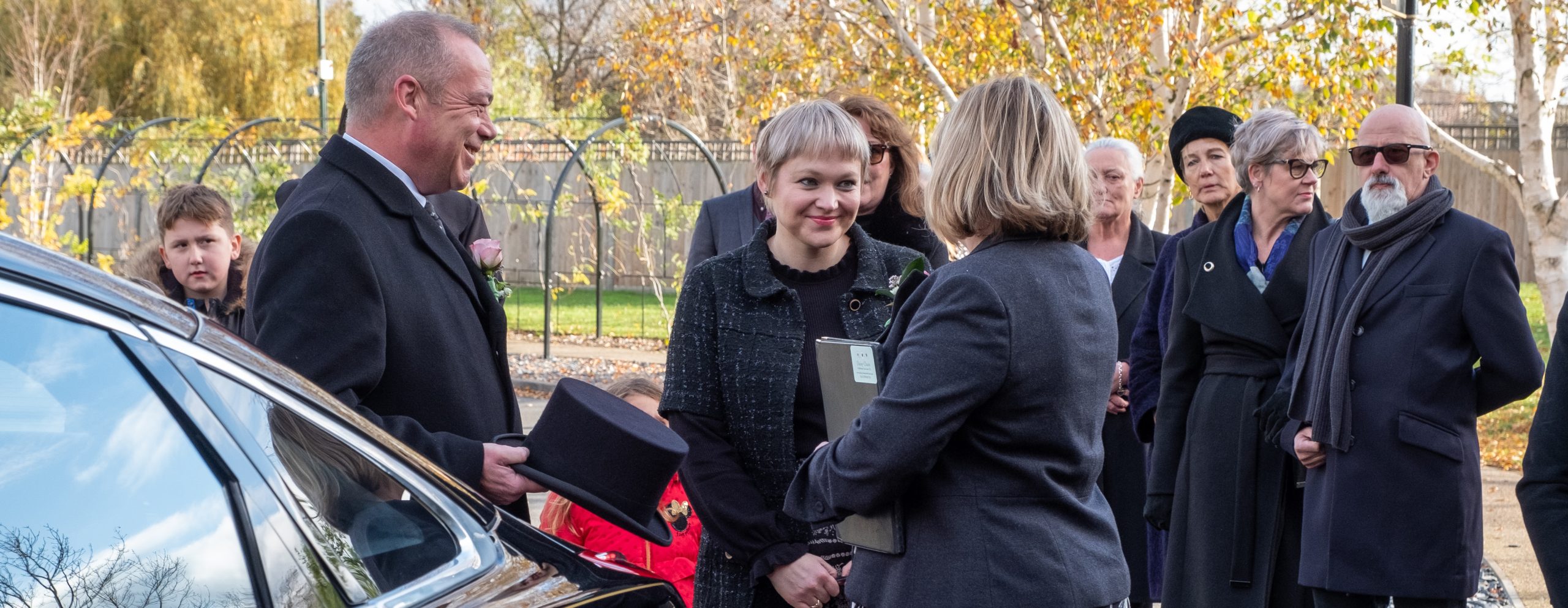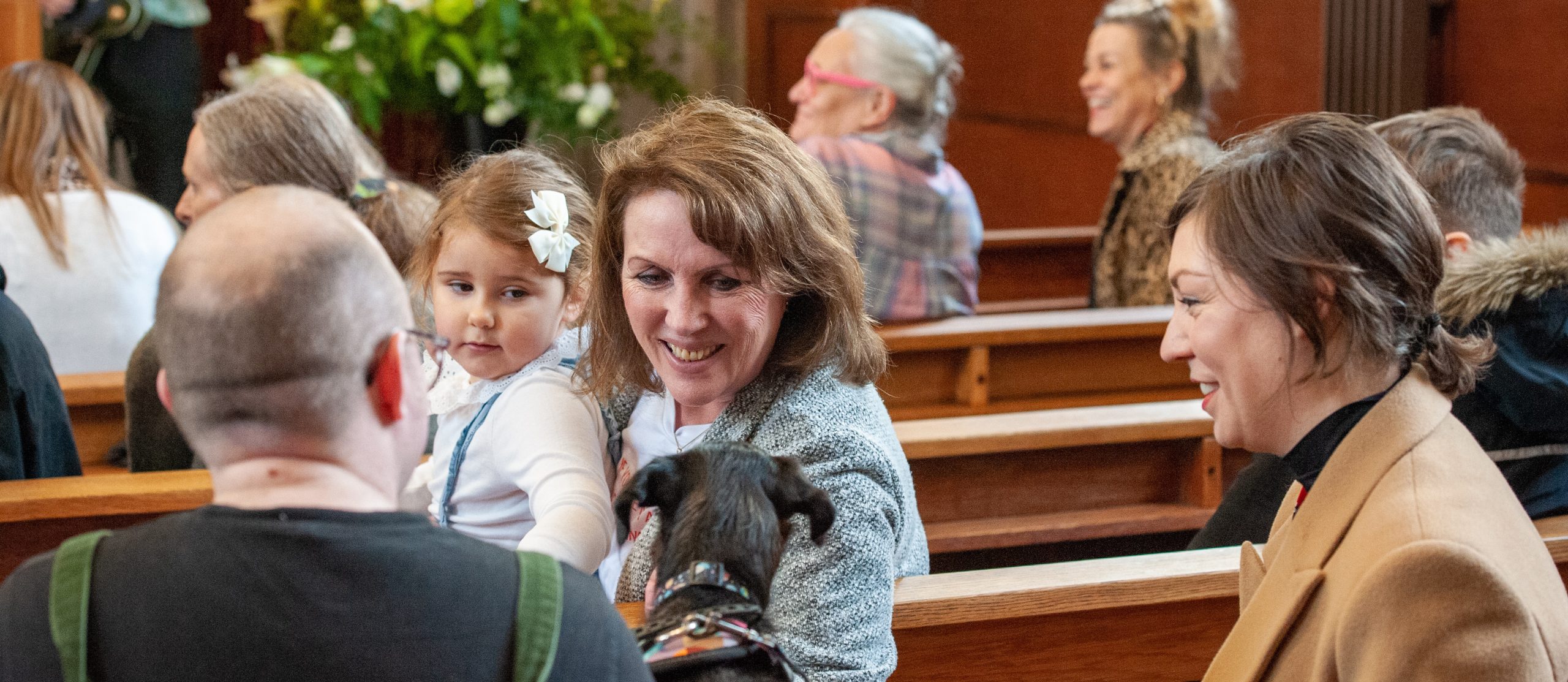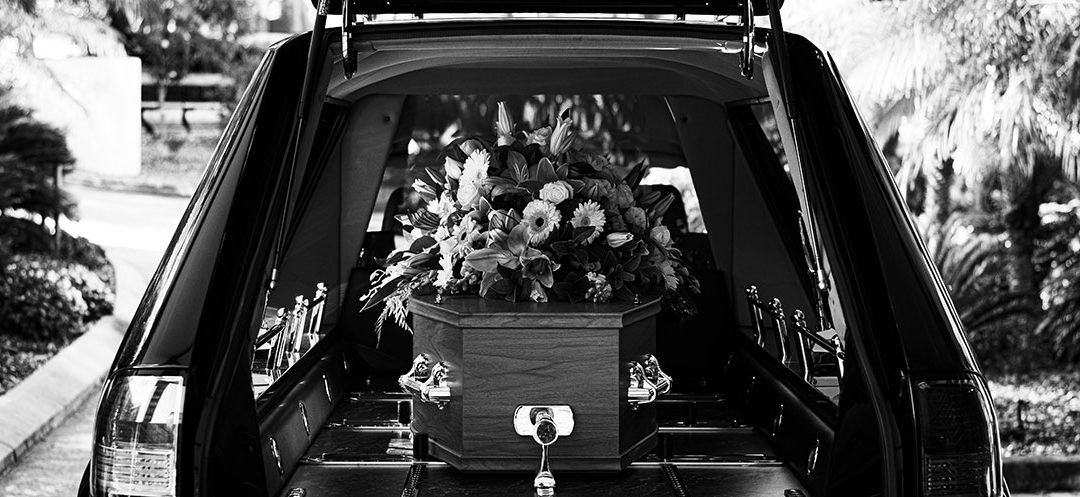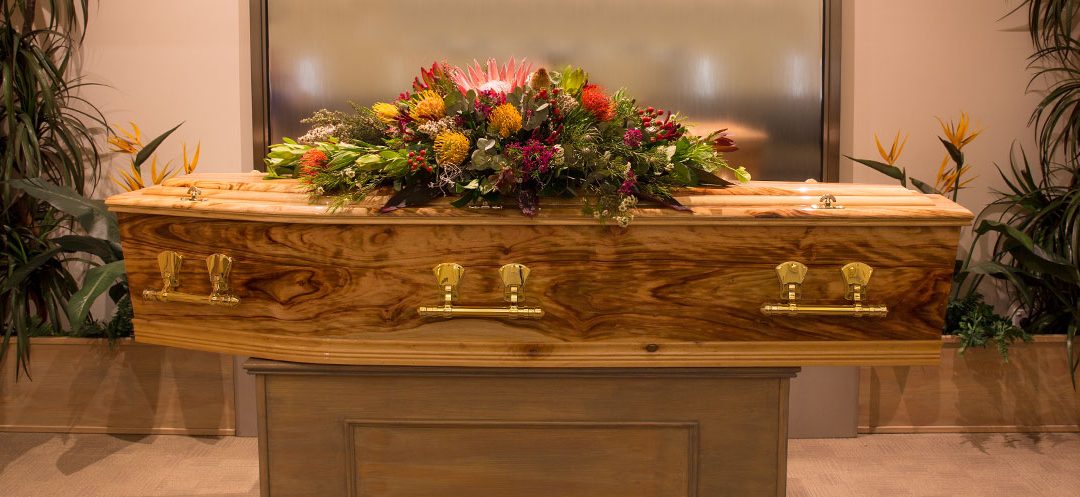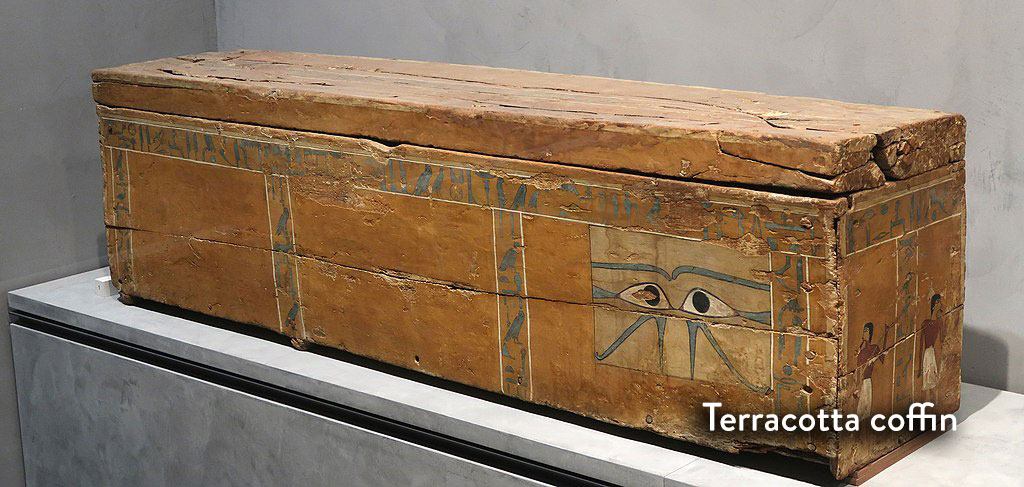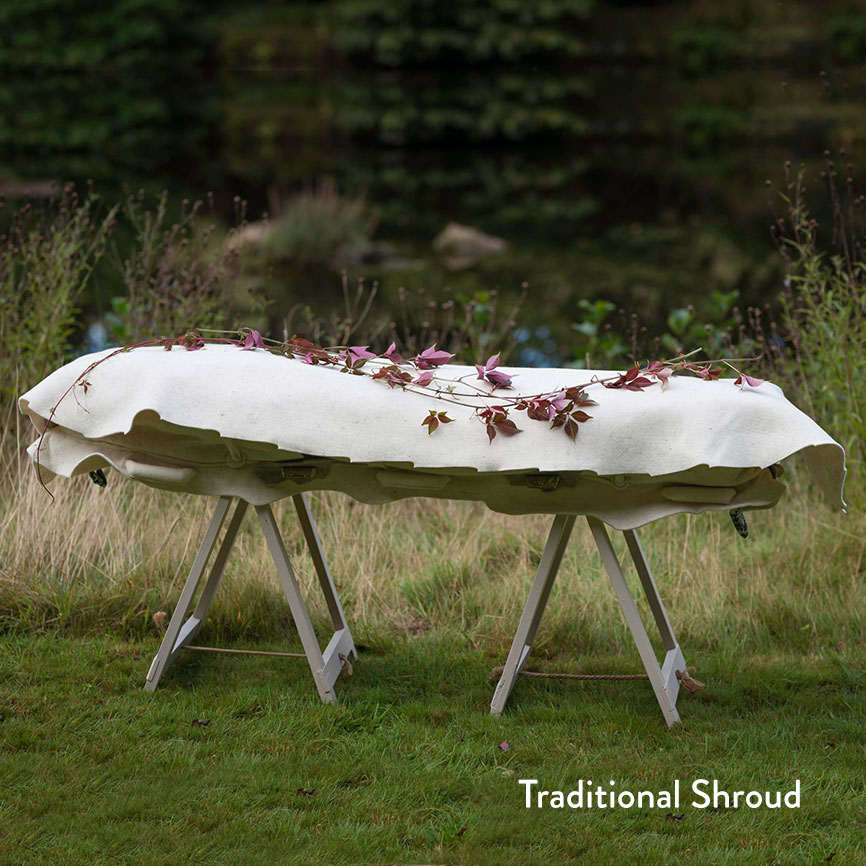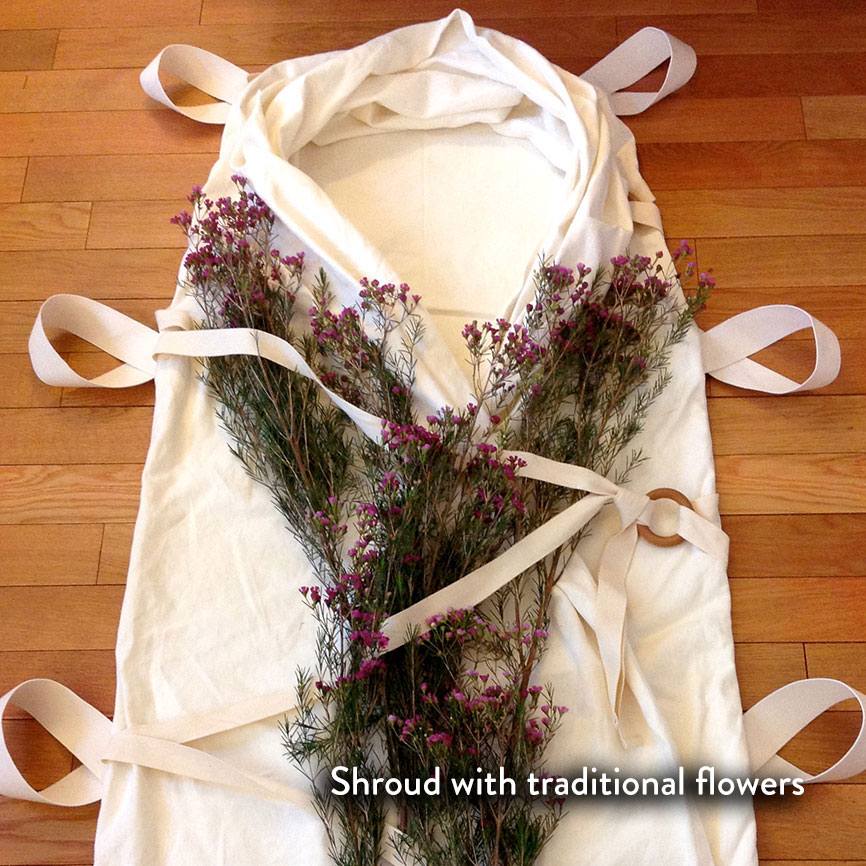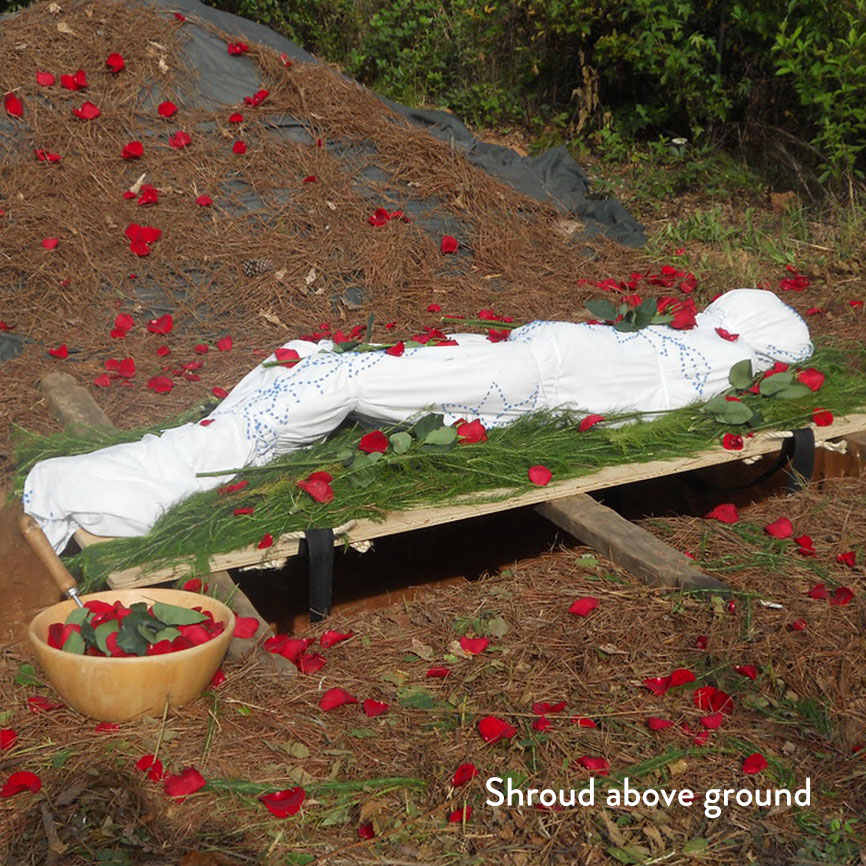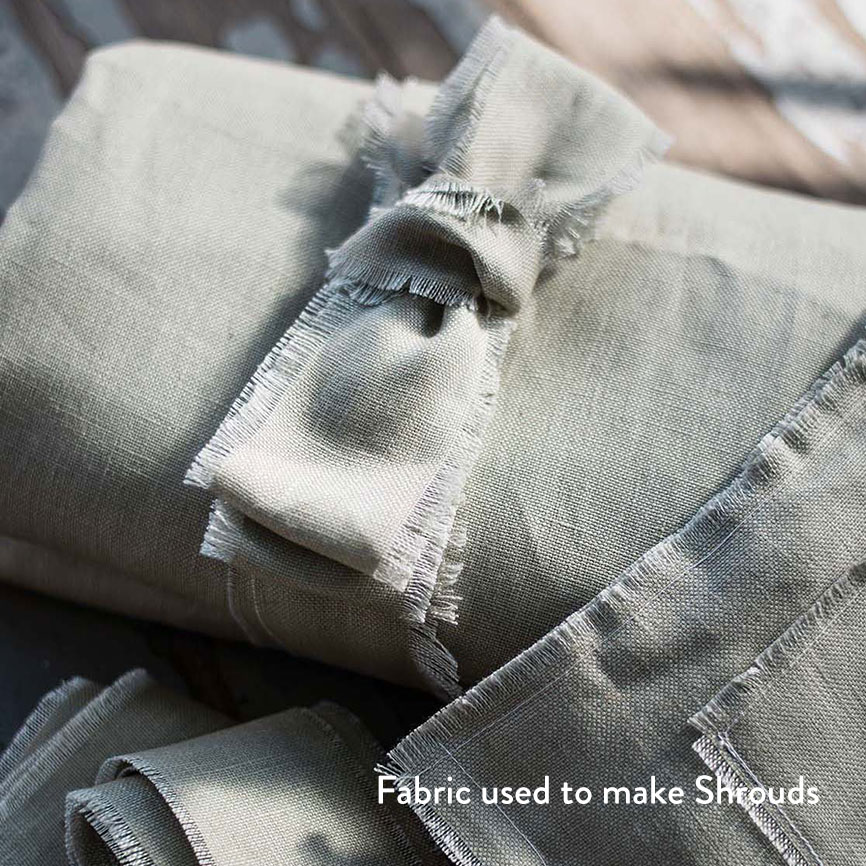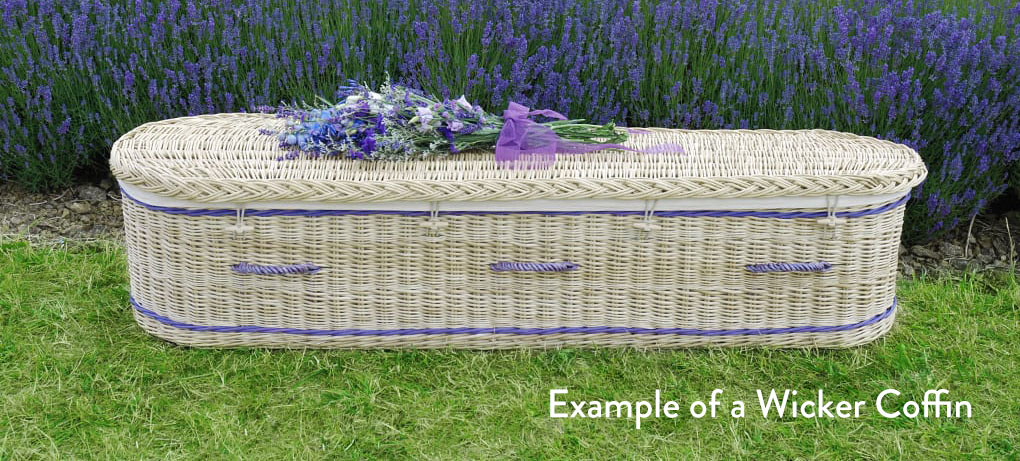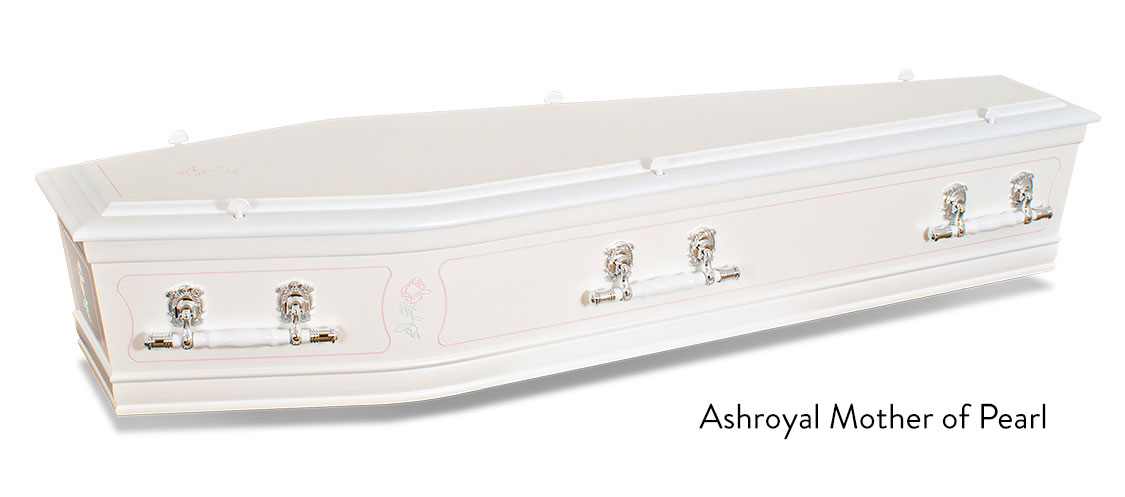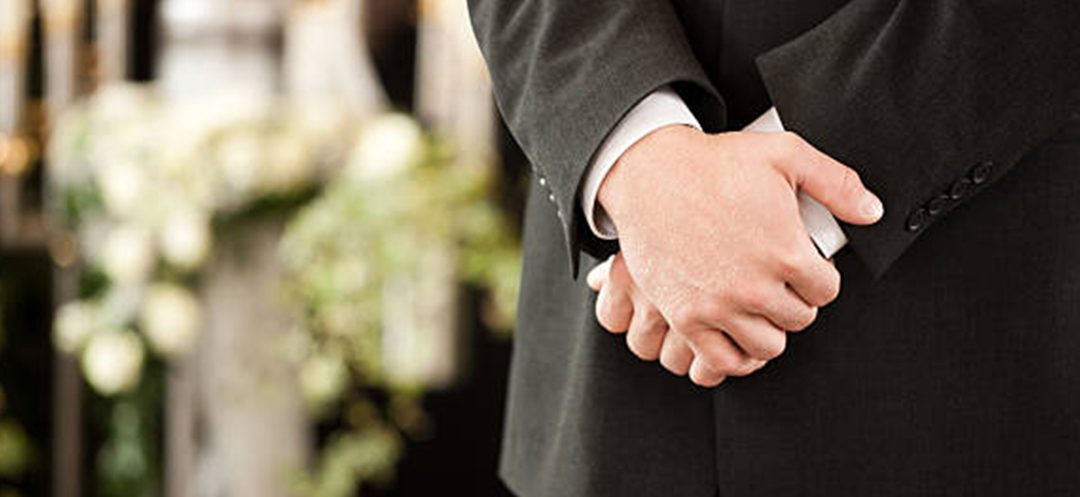
The Important Role Funeral Directors Play
Funeral directors play a vital role in the funeral industry and in the lives of families who have experienced the loss of a loved one. They are trained professionals who provide a range of services to help families navigate the funeral process with care, compassion, and expertise. Here are some of the important roles that funeral directors play:
Providing emotional support: Funeral directors understand the emotional toll that a death can take on a family, and they are trained to provide emotional support and comfort to grieving families. They are available to listen to families’ concerns and to offer guidance and support throughout the funeral process.
Managing logistics: Funeral directors are responsible for managing the logistics of the funeral, including arranging for transportation of the deceased, coordinating with the cemetery or crematorium, and handling paperwork such as death certificates and permits. They work closely with families to ensure that all arrangements are made in accordance with their wishes.
Providing guidance and expertise: Funeral directors have a deep understanding of the funeral industry and the various options available to families. They can provide guidance and expertise on everything from choosing a casket or urn to selecting music for the service.
Offering personalized services: Funeral directors understand that every family and every individual is unique, and they work to provide personalized services that reflect the wishes and values of the deceased and their loved ones. They can help families to create a meaningful funeral service that honors the life and legacy of the deceased.
Providing grief support: In addition to providing support during the funeral process, funeral directors can also offer grief support and resources to families after the funeral. This may include providing information about grief counseling, support groups, or other resources that can help families navigate the difficult journey of grief.
